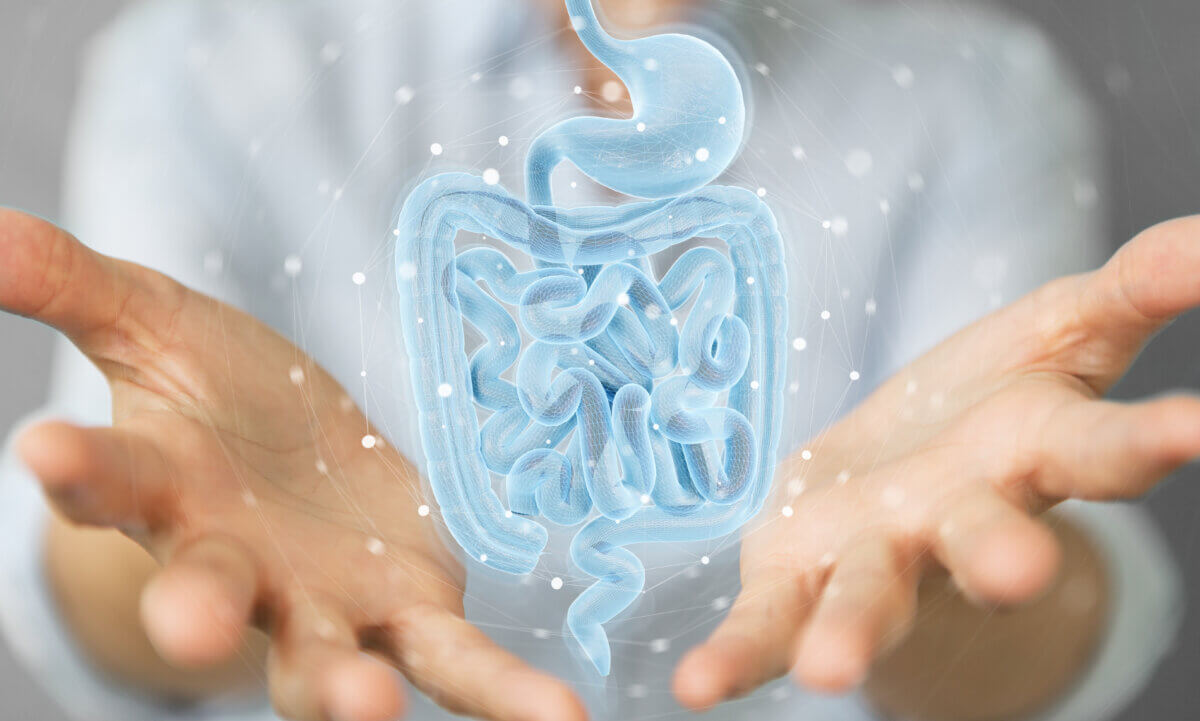UNIVERSITY PARK, Pa. — Whether you love it or hate it, you cannot deny broccoli is good for your health. Previous studies have found that the small tree-like vegetable can help lower the risk of developing Type 2 diabetes and cancer, but it’s been unclear how. Now, a new mouse study suggests the secret behind this superfood is the release of molecules that help protect the gut lining.
“What happens in the body when we eat broccoli?” says study author Gary Perdew, the H. Thomas and Dorothy Willits Hallowell chair in agricultural sciences at Penn State, in a university release. “Our research is helping to uncover the mechanisms for how broccoli and other foods benefit health in mice and likely humans, as well. It provides strong evidence that cruciferous vegetables, such as broccoli, cabbage, and brussels sprouts should be part of a normal healthy diet.”
The wall of the small intestine lets water and nutrients pass into the body while simultaneously blocking food particles and bacteria that could cause harm. Certain cells lining the intestine, such as enterocytes (involved in absorbing water and nutrients), goblet cells (create a layer of mucus to protect the intestinal wall), and Paneth cells (which release antimicrobial proteins), all help to stabilize and keep the gut healthy.

How does broccoli fit into the equation?
The cruciferous vegetable releases molecules called aryl hydrocarbon receptor ligands that bind to the aryl hydrocarbon receptor, a type of protein called a transcription factor. Binding the two together causes a reaction of activities affecting the function of intestinal cells.
This discovery came from feeding a group of mice a diet containing 15 percent broccoli — equivalent to 3.5 cups a day for humans. Additionally, a separate group of mice served as a control group and consumed a diet not containing broccoli. Next, the researchers studied the animals’ tissues to see how much broccoli activated the aryl hydrocarbon receptor. They also looked for any changes in cell types and mucus concentrations after eating the green veggie.
“The gut health of the mice that were not fed broccoli was compromised in a variety of ways that are known to be associated with disease,” explains Perdew. “Our research suggests that broccoli and likely other foods can be used as natural sources of AHR ligands, and that diets rich in these ligands contribute to resilience of the small intestine.”
Mice not eating broccoli lacked aryl hydrocarbon receptor activation. In turn, these rodents showed changes in their intestinal barrier function, a slower time for food to reach the small intestine, and a lower number of goblet cells creating protective mucus. There were also lower concentrations of Paneth cells and enterocyte cells. The findings suggest activation of this important receptor can reshape the cellular and metabolic functions of the GI tract.
The findings appear in the journal Laboratory Investigation.

